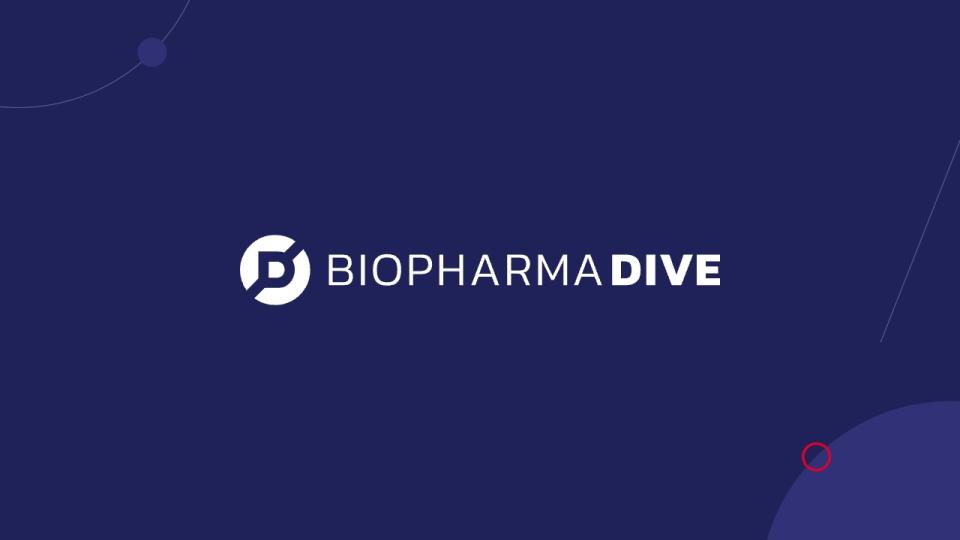FDA widens approval of Vertex’s CRISPR medicine to treat beta thalassemia

The Food and Drug Administration on Tuesday approved Vertex Pharmaceuticals’ CRISPR-based medicine Casgevy for the inherited blood condition beta thalassemia, expanding its use six weeks after issuing a landmark clearance in sickle cell disease.
The agency’s decision makes Casgevy, which in December became the first CRISPR gene editing therapy to reach the U.S. market, available for people aged 12 years and older who have a severe form of beta thalassemia that requires regular blood transfusions. The regulator reached a verdict about two months ahead of schedule.
Vertex said the same treatment centers it is working with to offer Casgevy to people with sickle cell will also be able to treat individuals with transfusion-dependent beta thalassemia, or TDT. So far, the company has authorized nine sites and expects to add more in the coming weeks.
Casgevy will cost $2.2 million for TDT, the same price Vertex set for its use in sickle cell, a company spokesperson confirmed by email. About 1,000 people with TDT are estimated to be eligible for Casgevy in the U.S., far fewer than the number of eligible sickle cell patients.
Treatment is a complex and personalized process. Casgevy is built from an individual’s own stem cells, which are collected at a hospital and shipped to a central manufacturing hub. There, they are engineered with CRISPR, the Nobel Prize-winning gene editing technology, in such a way that the cells can express a fetal form of the oxygen-carrying protein hemoglobin.
The edited cells are reinfused back into patients’ bodies, where the fetal hemoglobin they produce effectively mutes the pain crises people with sickle cell experience and eliminates the need for blood transfusions in people with TDT.
Blood transfusions cause iron to build up over time, requiring TDT patients to undergo what’s known as “iron chelation” therapy. They often still experience anemia, which can cause fatigue and enlarged organs. Life expectancy is only 37 years in the U.S, according to Vertex.
As CRISPR is used to permanently edit DNA, Casgevy’s benefits are meant to be lifelong, although participants in Vertex’s main clinical trials have only been followed for a handful of years.
Still, treatment comes with risks, most notably those associated with a chemotherapy regimen that’s used to prepare patients for infusion with Casgevy. The chemo, called busulfan, can cause painful mouth sores as well as infertility.
In the U.S., TDT patients already have access to another genetic medicine, called Zynteglo and marketed by Bluebird bio. That treatment, which works in a different way, can also reduce or eliminate the need for blood transfusions. Uptake has been slow, however, with only 20 patients initiating treatment through the end of December.
Zynteglo costs $2.8 million. Lyfgenia, a related sickle cell treatment Bluebird won FDA approval for alongside Casgevy, costs $3.1 million.
This story was originally published on BioPharma Dive. To receive daily news and insights, subscribe to our free daily BioPharma Dive newsletter.
